
The observance is also a Miztvot (a law) from the book of Exodus: “Remember the Sabbath day, to keep it holy. Six days you shall labour, and do all your work; but the seventh day is a Sabbath to the Lord you G-d; in it you shall not do any work, you, or your son, or your daughter, your manservant, or your maidservant, or your cattle, or the sojourner who is within your gates; for in six days the Lord made heaven and earth, the sea, and all that is in them, and rested the seventh day; therefore the Lord blessed the seventh day and hallowed it” (Exodus 20: 8-11).

In order to enjoy a Shabbat free of household chores, it is traditional to clean the house before Shabbat and prepare all meals in advance, so that the food only need be warmed up to enjoy it (rather than cooked, which would violate traditional Shabbat restrictions). Shabbat afternoon is a time reserved for reading, talking, or studying Jewish texts such as the Torah, all activities that people often claim that they never have enough time to do.
It relates to farming and includes: sowing, ploughing, reaping, binding sheaves, threshing, shearing wool, trapping, slaughtering, curing hide.
It relates to cooking: grinding, sifting, kneading, baking, salting meat.
It relates to household chores: washing wool, beating wool, dyeing wool, spinning, weaving, making two loops, weaving two threads, separating two threads, tying, untying, sewing two stitches, tearing.
It relates to work: writing two letters, erasing two letters, building, tearing a building down, hitting with a hammer, taking an object from the private domain to the public, or transporting an object in public.
It also relates to light and heat: extinguishing a fire and kindling a fire are not allowed.So in the modern era Orthodox Jews do not permit the use of electricity because it serves the same function as fire – to light or heat.



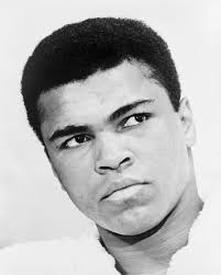

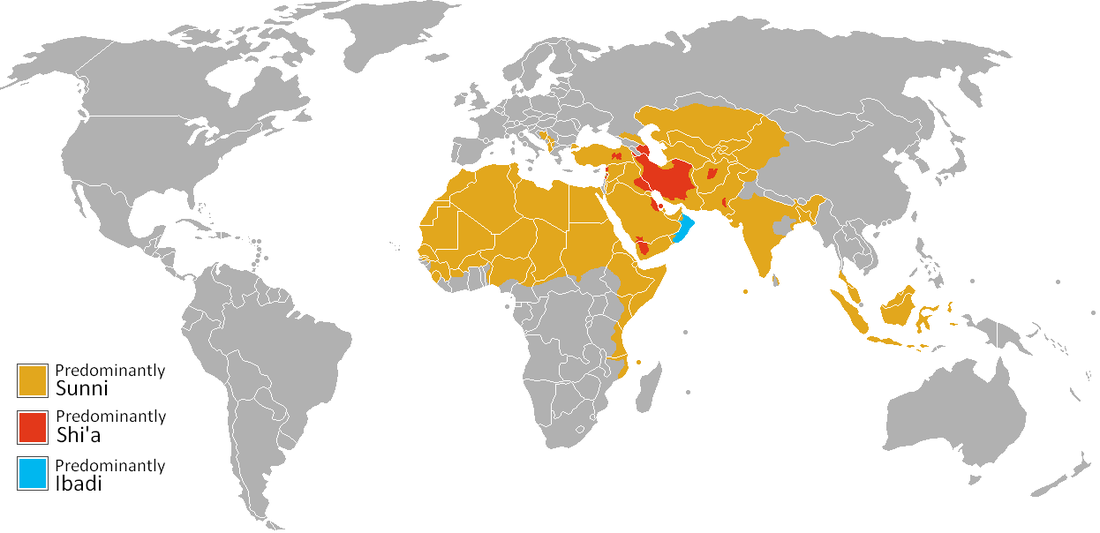






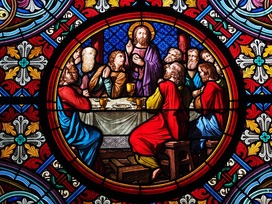




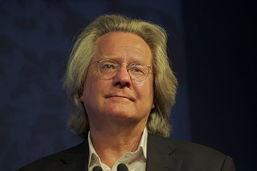







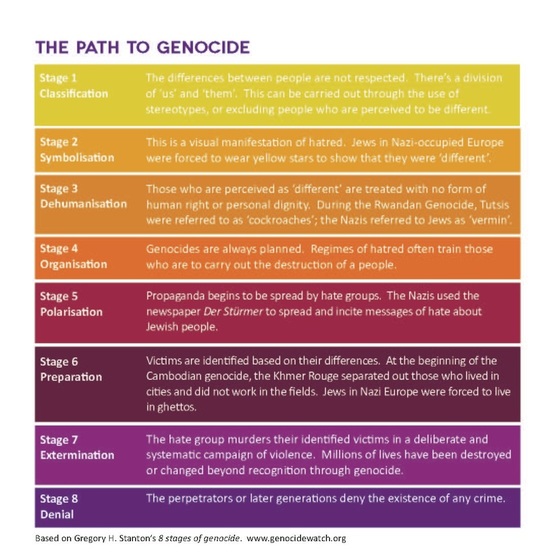


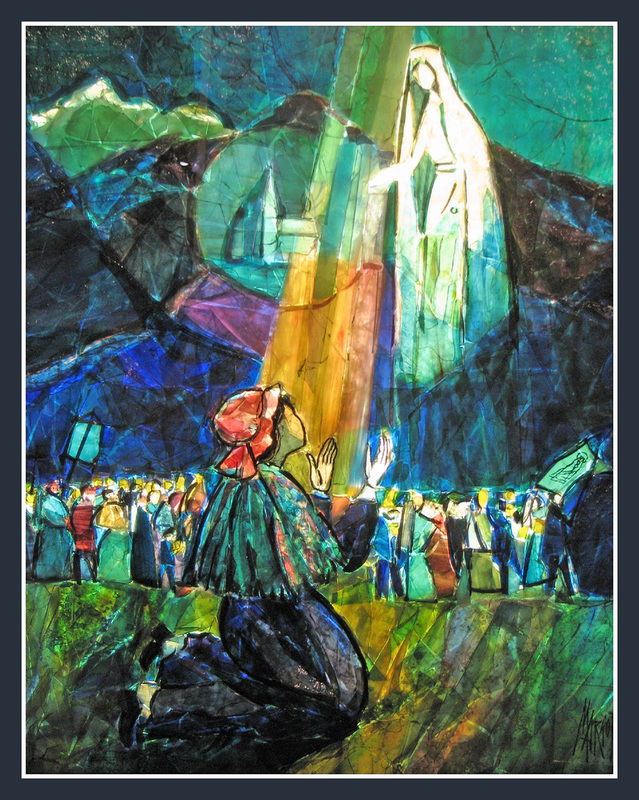

 RSS Feed
RSS Feed
